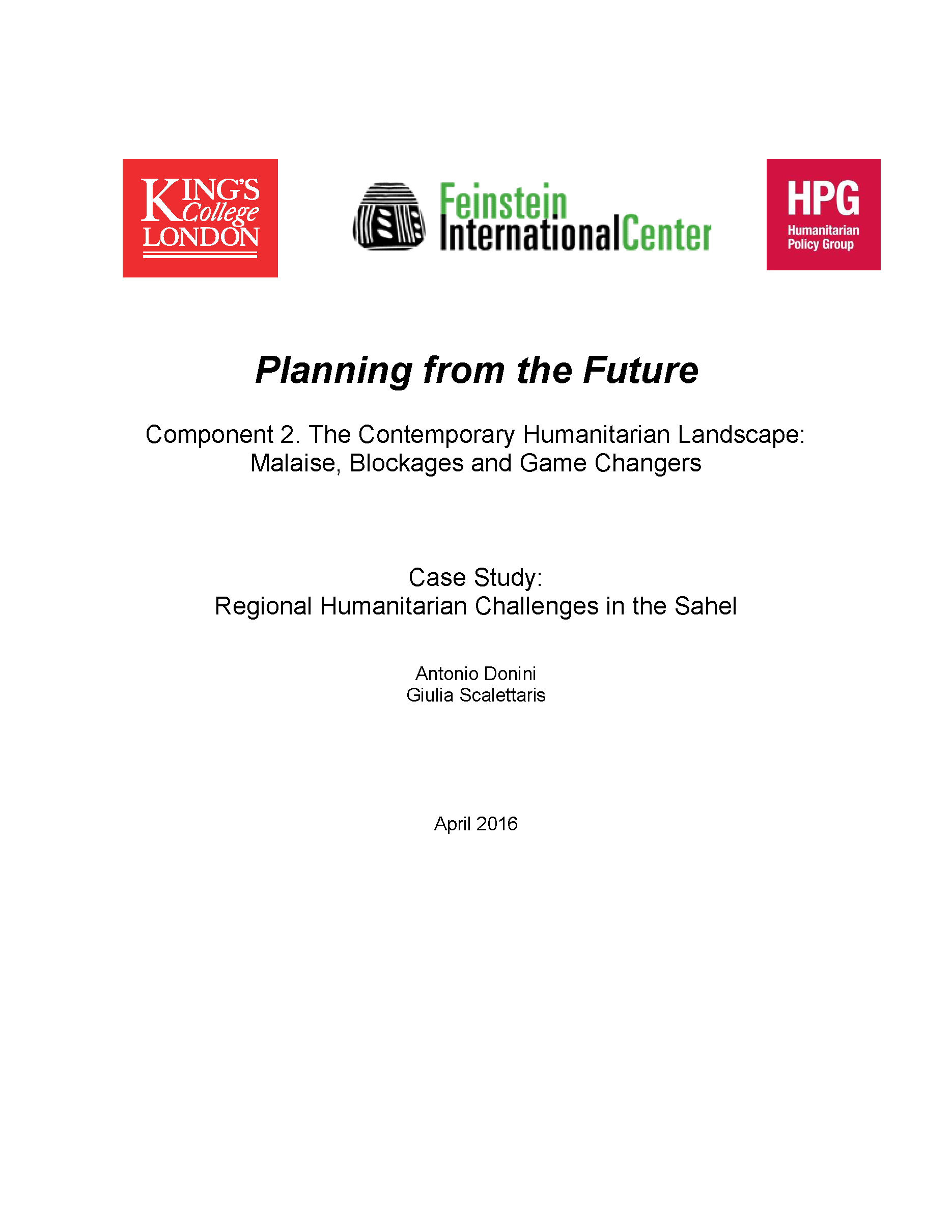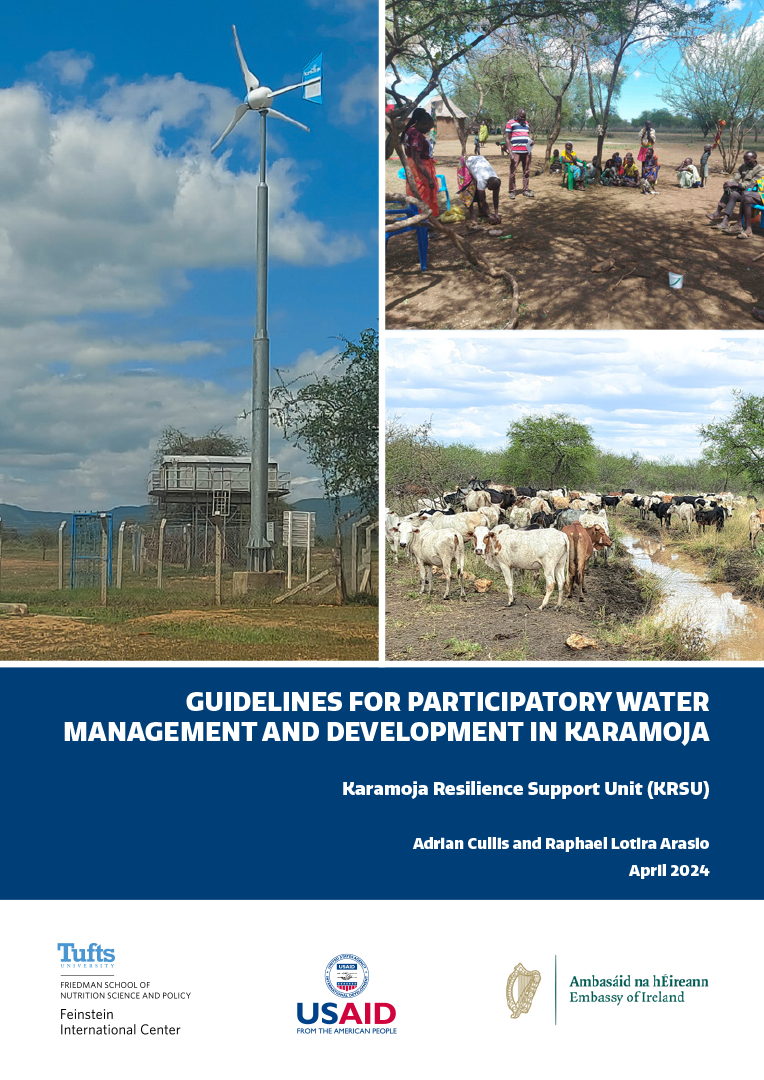The Sahel rarely makes headlines. Until the early 2000s, it was on the margins of geopolitical interest and of humanitarian action and debate. Today, the Sahel is on center stage because a complex crisis, that has potential ramification far beyond the region, is brewing there. The impending crisis is due to a set of interconnected factors including:
- the emergence of conflicts, strong non-state armed and non-armed actors, transnational criminal networks, and a counterterrorism agenda
- the tense relationship between humanitarian action and development, which has fostered a competitive rather than collaborative environment among organizations operating in the region
- the protracted and intractable nature of the structural issues across the region
- the impact of climate change on livelihood
- the weakness of governance across the region
- increased migration within and out of the region
This report describes how these issues are playing out across the Sahel and discusses the implications for humanitarian action. It raises important questions for the future of humanitarian action in the Sahel and beyond.
The findings in this report are based on field visits to Mali, Niger and Senegal. It is one of four case studies developed for the “Planning from the Future” study, conducted in collaboration with Kings College London and the Humanitarian Policy Group.







